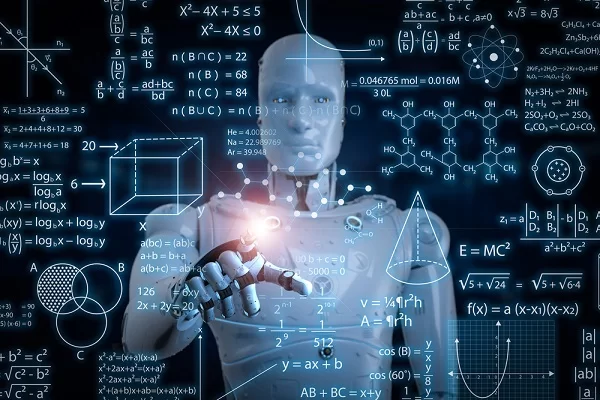In recent years, artificial intelligence (AI) has transformed various industries, and content creation is no exception. From writing articles and creating visuals to generating video content, AI technologies are reshaping how we produce, distribute, and consume content. This blog explores the multifaceted role of AI in content creation, highlighting its benefits, tools, and future potential.

1. Understanding AI in Content Creation
AI refers to the simulation of human intelligence in machines that are programmed to think and learn. In the context of content creation, AI tools utilize algorithms, natural language processing (NLP), and machine learning to automate or assist with various aspects of the content production process.
Key Areas Where AI Plays a Role:
- Text Generation: AI algorithms can generate human-like text based on prompts, making it possible to produce articles, blog posts, and social media content quickly.
- Image and Video Creation: AI tools can create images, videos, and graphics, allowing creators to generate visuals without needing extensive graphic design skills.
- Content Optimization: AI can analyze existing content to suggest improvements, enhancing readability, SEO, and engagement metrics.
2. Benefits of AI in Content Creation
A. Increased Efficiency
AI significantly speeds up the content creation process. By automating repetitive tasks like research, drafting, and editing, content creators can focus on more strategic aspects of their work.
B. Enhanced Creativity
While some may fear that AI could stifle creativity, it can actually serve as a source of inspiration. AI tools can generate ideas, headlines, and outlines, providing content creators with new angles and perspectives.
C. Personalization
AI enables content personalization at scale. By analyzing user data and preferences, AI can help create tailored content that resonates with specific audiences, improving engagement and conversion rates.
D. Improved SEO
AI tools can analyze keywords, search trends, and competitor content to help optimize articles for search engines. This ensures that the content ranks higher, reaches a larger audience, and drives more traffic to your website.
3. Popular AI Tools for Content Creation
Several AI-powered tools have emerged that assist content creators in various ways. Here are some of the most popular:
A. Text Generation Tools
- OpenAI’s ChatGPT: A language model that can generate human-like text based on prompts, making it suitable for writing articles, blogs, and marketing copy.
- Jasper: An AI writing assistant that helps create high-quality content, offers templates, and optimizes for SEO.
B. Image and Video Creation Tools
- Canva: While not purely AI, Canva incorporates AI features to help users create stunning visuals effortlessly, offering templates and design suggestions.
- Synthesia: An AI video generation platform that allows users to create professional-looking videos using avatars and voiceovers without needing to record footage.
C. Content Optimization Tools
- SurferSEO: This tool combines AI and SEO strategies to analyze content against top-ranking articles, providing recommendations for improvement.
- Grammarly: An AI-powered writing assistant that checks grammar, spelling, and style, ensuring content is polished and professional.
4. Challenges and Considerations
While the benefits of AI in content creation are significant, there are challenges to consider:
A. Quality Control
AI-generated content may lack the nuance and depth that human writers provide. It’s essential to review and edit AI-generated text to ensure quality and alignment with brand voice.
B. Ethical Concerns
The use of AI in content creation raises ethical questions, particularly around originality and authorship. Businesses should be transparent about the use of AI tools and ensure compliance with copyright laws.
C. Dependence on Technology
Relying heavily on AI may lead to a decline in creative skills among content creators. It’s important to balance the use of AI tools with traditional content creation methods.
5. The Future of AI in Content Creation
The future of AI in content creation looks promising, with advancements in machine learning and natural language processing continually improving the capabilities of AI tools. As technology evolves, we can expect:
- Greater Collaboration: AI will work alongside human creators, enhancing creativity and productivity while allowing for more personalized and engaging content.
- Dynamic Content Creation: AI could enable the creation of dynamic content that adapts to user preferences and behaviors in real-time, providing an even more tailored experience.
- Improved Accessibility: AI tools will become more user-friendly and accessible, enabling individuals and businesses of all sizes to leverage content creation technology.
Conclusion
Artificial intelligence is revolutionizing content creation, offering tools that enhance efficiency, creativity, and personalization. As AI continues to advance, its role in content production will only grow, allowing content creators to focus on strategy and storytelling while automating repetitive tasks.


No responses yet